Gallery
Photos from events, contest for the best costume, videos from master classes.
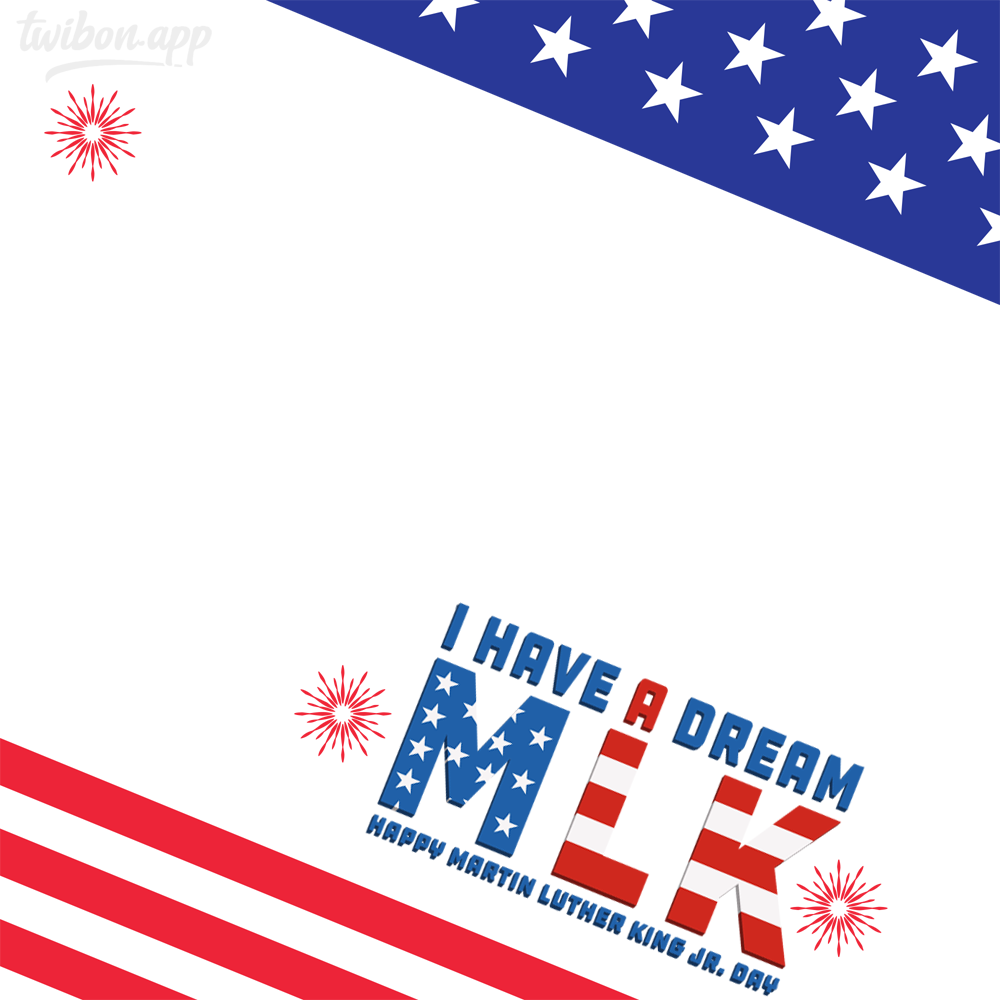 |  |
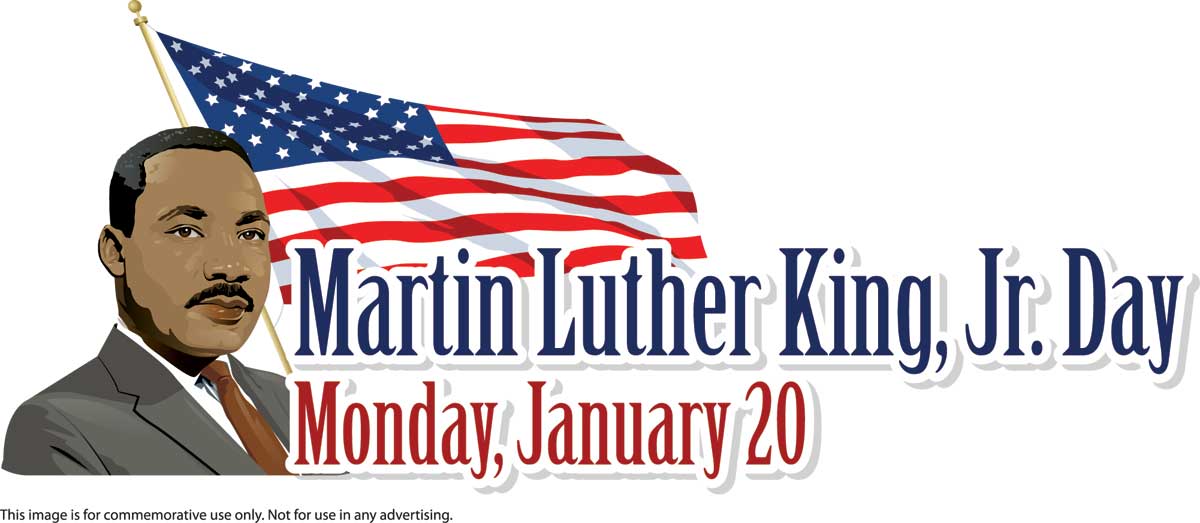 | 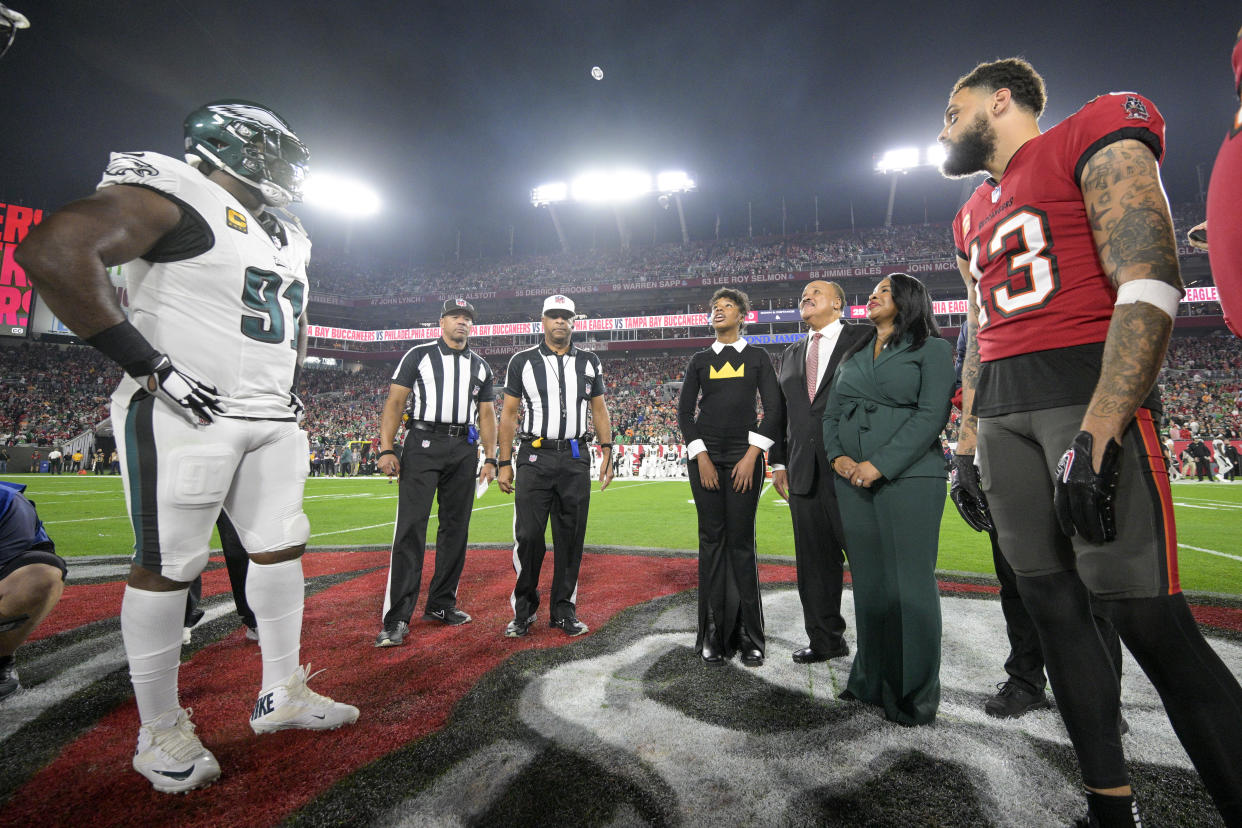 |
 | 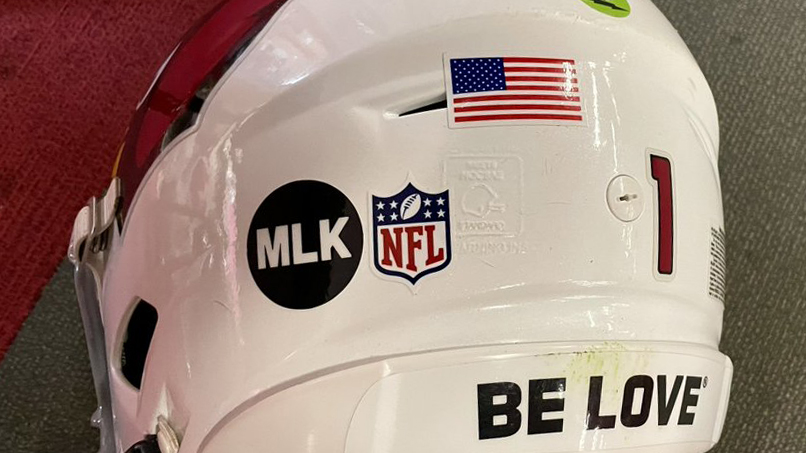 |
 |  |
 | 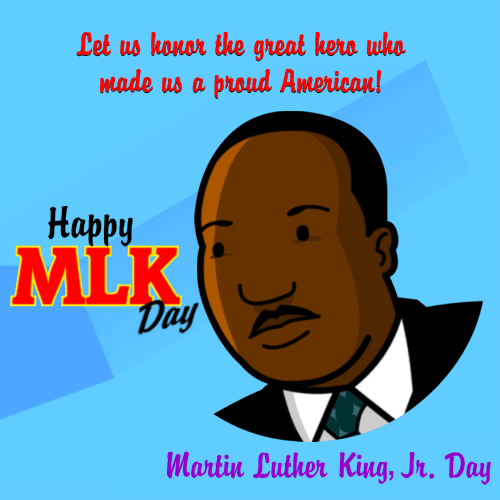 |
 |  |
Arizona didn't celebrate Martin Luther King Day until 1993, a decade after it became a federal holiday. Here's how the Super Bowl played a role. On March 19, 1991, NFL owners voted to remove the 1993 Super Bowl from Phoenix after Arizona voters failed to make Martin Luther King Jr. Day a paid holiday. The NFL originally awarded the game to the Arizona Cardinals and owner Bill Bidwill on March 13, 1990. Martin Luther King Jr. Day as we know it today was first marked in Arizona in 1993. The NFL said it would return with a Super Bowl after voters passed the law. With Black History Month here and the Super Bowl less than two weeks away, we take a look at the long road it took for Martin Luther King, Jr. Day in Arizona, a road that cost the Valley its Paul Tagliabue and the NFL moved Super Bowl XXVII from Tempe, Arizona, to Pasadena, California, after Arizona voters voted down Martin Luther King Day as a paid holiday in 1990. Greg Some King holiday supporters believed the result was due to voter backlash over news the NFL would move the 1993 Super Bowl from Arizona if the state rejected MLK Day. The NFL moved the Super Bowl to Pasadena, California, following the election, costing the state millions of dollars. In 1991, the NFL moved Super Bowl XXX from Phoenix to Pasadena after Arizonans vetoed an MLK holiday in a contentious and confusing vote. Afterward, the state had much to prove. Two separate measures on Arizona’s ballot to establish an MLK holiday — one to remove Columbus Day, one to combine Lincoln and Washington’s birthdays — failed, with neither topping 49%. Many in With Arizona recognizing MLK Day, the 1996 Super Bowl was played at Sun Devil Stadium in Tempe. The Cowboys defeated the Pittsburgh Steelers 27-17. On the 30th anniversary of the Super Bowl that was initially awarded to Arizona, former commissioner Tagliabue reflected on the NFL’s handling of the situation in a lengthy interview with Andscape. Monday's holiday marks three decades since Arizona celebrated its first MLK Day. This year also marks 30 years since Arizona missed out on its first Super Bowl, which the NFL moved to Arizona was one of the last states to recognize Martin Luther King Jr. Day as a holiday and the only state that required a public vote to do so. In 1987, Gov. Evan Mecham fulfilled a promise to The NFL community took to social media on Monday to honor the life and legacy of civil rights activist Dr. Martin Luther King Jr. on MLK Day. Nowadays, many Arizonans get Martin Luther King Jr. Day off towards the end of January, but Arizona was the last state in the country to make MLK Day a state holiday, which caused some controversy Super Bowl XXVII is memorable in part because it was removed from Arizona, which was one of the states that initially refused to observe Martin Luther King's birthday as a holiday. Arizona was one of the last states to recognize Martin Luther King Jr. Day as a holiday and the only state that required a public vote to do so. The NFL granted Arizona a Super Bowl in 1996 Some King holiday supporters believed the result was due to voter backlash over news the NFL would move the 1993 Super Bowl from Arizona if the state rejected MLK Day. The NFL moved the Super Bowl The issue was taken to the people of Arizona in 1990 in the form of Proposition 301 (removing Columbus Day as a paid holiday and replacing it with MLK Day) and Proposition 302 (adding MLK Day as a Governor Bruce Babbitt declared Martin Luther King Jr. Day an Arizona holiday in March 18, 1986, but his proclamation was repealed by Governor Mecham in 1987 on the grounds Babbitt did not have the authority to declare such a holiday. Is MLK a state holiday in Arizona? In November 1992, [] The NFL decided then to move the 1993 Super Bowl because of Arizona’s refusal to make Martin Luther King Day an official state holiday. Instead, Super Bowl XXVII was played in Los Angeles, the It was the latest economic blow to the state because of the Martin Luther King Day issue. Starting in 1987, when a statewide Martin Luther King Day was rescinded by Gov. Evan Mecham, about 58 conventions were canceled, causing the state to lose about $30 million, according to a USA Today report a few days after the 1990 vote.
Articles and news, personal stories, interviews with experts.
Photos from events, contest for the best costume, videos from master classes.
 |  |
 |  |
 |  |
 |  |
 |  |
 |  |